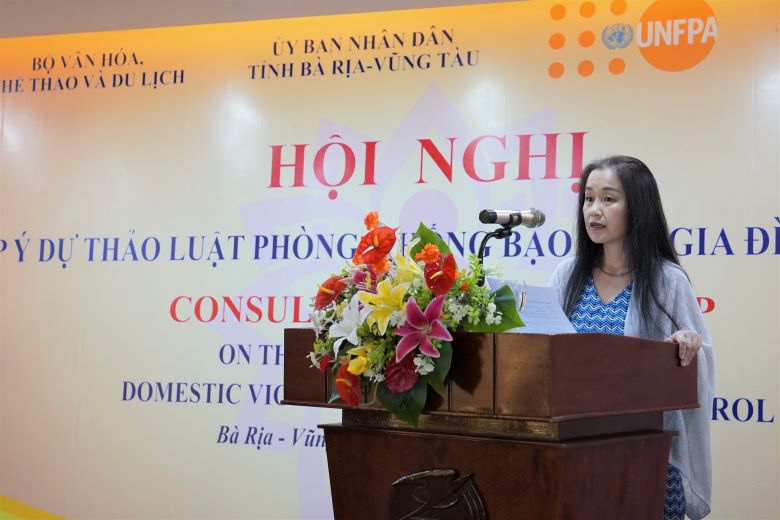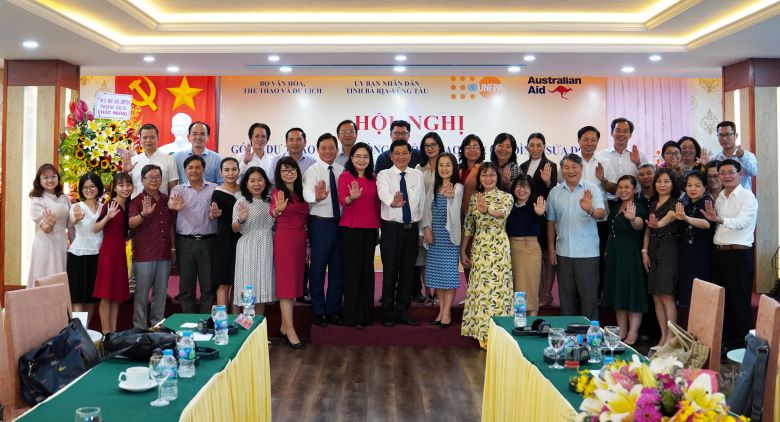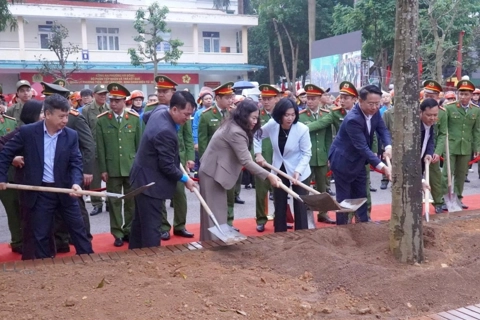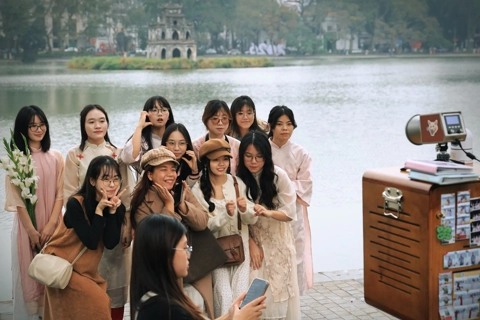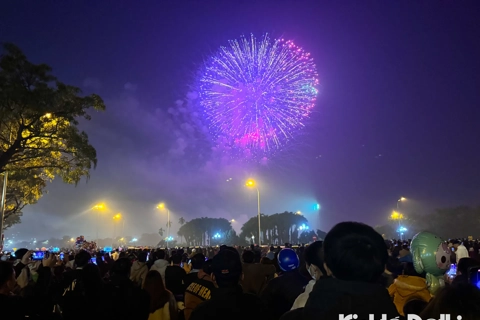Necessity to amend Law on Domestic Violence: UNFPA
There was little change in violence against women in Vietnam over the past 10 years while the law has got no amendment for the past 15 years.
The United Nations Population Fund (UNFPA) believed that it is now high time for Vietnam to amend the current Law on Domestic Violence Prevention and Control (DVPC) that was adopted 15 years ago while the issue remains hidden in society and at an alarming rate.
| UNFPA Representative for Vietnam Naomi Kitahara. Photos: UNFPA |
UNFPA Representative for Vietnam Naomi Kitahara appealed at a three-day consultative meeting starting on June 2 to seek contributions from related stakeholders to the lawmaking process at the ongoing session of the National Assembly, the country’s top legislative body.
Entering into force in July 2008, Law on DVPC governs the prevention and control of domestic violence, protecting and assisting the victims of domestic violence. It also regulates the responsibilities of individuals, families, organizations, and institutions in domestic violence prevention and control, and deals with the breach of the Law.
High on the agenda of the consultative meeting are the review of the contents of the draft amended Law and the sharing of UNFPA perspectives of applying the domestic-violence survivors-centered approach during the process of drafting.
Participants in the three-day discussion are senior leaders of the People’s Committees and People’s Assemblies, representatives from the provincial Departments of Culture, Sports, and Tourism of the southern provinces and cities, and the experts in this field.
Kitahara said UNFPA has been supporting the Ministry of Culture, Sports, and Tourism (MCST) for the law revision over the years to incorporate all recommendations from previous studies and ensure international standards and commitments on the prevention and the response to violence against women and girls.
“As the National Assembly is scheduled to elaborate on the revised law in coming days, the consultative meeting aims at discussing it further from the perspectives of local authorities from the southern provinces and cities,” Kitahara said, noting that “We must not leave anyone behind in Vietnam’s sustainable development process, and that includes survivors of violence and women and children at risk of violence.”
| Representatives of all stakeholders at the three-day event. |
According to statistics compiled by MCST in 2009-2021, the total number of domestic violence cases in localities across the country was 324,641. Meanwhile, the UNFPA-supported National Study on violence against women in Vietnam in 2019 showed little change in violence against women after 10 years since the 1st study in 2010.
In particular, 62.9% of women in Vietnam experienced at least one form of violence in their lifetime, including physical, economic, emotional, and sexual violence. In addition, 90.4% of survivors of violence did not seek any help from authorities while half of them never told anyone about the violence. Furthermore, violence against women is costing the country 1.81% of its GDP.
Up to date, the draft revised Law on DVPC has gone through many technical meetings and consultative workshops with line ministries and experts in this field. The revised law consists of 6 chapters, 62 articles with 24 new articles, and 38 supplementary articles. Currently, the revised DVPC Law is being reviewed by the National Assembly and it is scheduled to be adopted in October 2022.
The revised Law on DVPC is based on a human rights approach, incorporating international lessons, experiences, and recommendations to strengthen the effectiveness of state institutions while creating favorable conditions for the policies and programmatic interventions to prevent and effectively respond to domestic violence in Vietnam.
During the process of DVPC Law revision, the survivor-centered approach has been applied to ensure the rights of domestic violence survivors, and their needs and voices are taken into account and being heard seriously, especially in the context of Vietnam where violence against women is mostly hidden.
It also requests the relevant stakeholders to pay further attention and provide financial and technical resources during the enforcement.
A survivor center–approach means placing the needs and priorities of survivors at the forefront of any response and policy development. In particular, the survivors must be ensured of the following (1) Being treated with dignity and respect; (2) Having full access to a safe, supportive, non-judgmental environment; (3) Having access to appropriate information; (4) Being enabled to make an informed choice and decision; and (5) Having the right to privacy and confidentiality.


